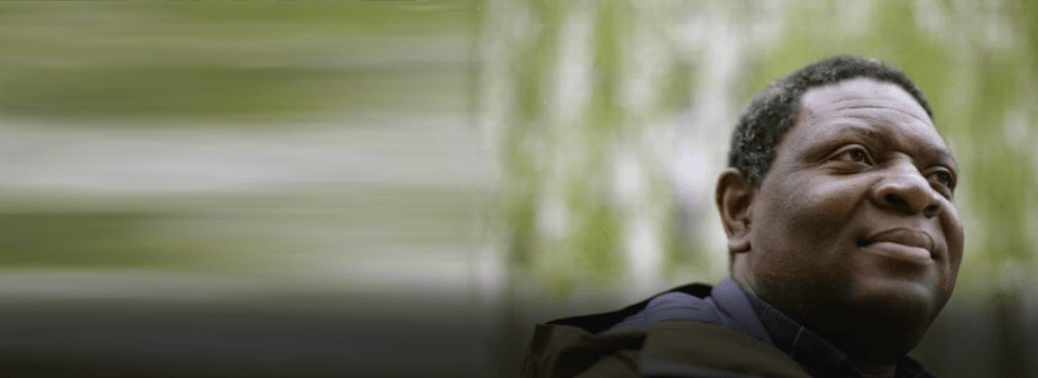LAWYER FIGHTING PALM OIL INDUSTRY WINS ECOLOGY PRIZE
30, Apr 2019

Prelims level : Environment
Mains level : GS-III Technology, Economic Development, Bio diversity, Environment, Security and Disaster Management
Why in News
- Alfred Brownell is among six activists to be honoured
Details:
- The Upper Guinean Forest is considered one of the world’s most biologically diverse ecosystems, a dense tropical rainforest in West Africa stretching from Sierra Leone to Nigeria.
- Yet for years now, commercial logging and mining have impacted this “super” global eco-region, endangering hundreds of endemic plants and animal species.
- Deforestation has also become a critical issue for the forest cover, particularly with the growing demand for palm oil that is used in everything from cosmetics and food to cleaning products. This is especially true of Liberia, where palm oil firms have long eyed the forests given how much the country has succeeded in preserving large contiguous tree blocks.
- The efforts to ensure Liberia’s tropical forests remain intact is why Liberian lawyer Alfred Brownell, 53, was among those granted the prestigious Goldman Environmental Prize in San Francisco
- After the end of Liberia’s civil war in 2003, the government sought to generate much- needed funds for growth through agricultural concessions and logging permits.
- Brownell had by then established Green Advocates, considered the country’s first non- governmental organization dedicated to environmental law. And looking at how the powerful palm oil companies were scrambling for rainforests, he sought to help conserve the nation’s majestic natural resource from the companies aiming to clear-cut it all for profit. Globally, there have been growing concerns over the impact of palm oil too, with environmentalists warning cutting native trees to make way for palm trees threatens critically endangered species like the orangutan of Borneo.
Goldman prize
- For his work saving forest lands, Mr. Brownell won the Goldman prize along with five others for grassroots environmental activism. The prize was created in 1989 by philanthropists Richard and Rhoda Goldman. Winners are selected from nominations made by environmental organisations and others. The prize carries a $200,000 award.
The other winners are:
- Linda Garcia of Vancouver, Washington, who rallied local communities to successfully prevent the construction of North America’s largest oil terminal.
- Ana Colovic Lesoska of North Macedonia, whose seven-year campaign helped stop hydroelectric projects from being built in the country’s largest national park.
- Bayarjargal Agvaantseren of Mongolia, who led the fight to create the Tost Tosonbumba Nature Reserve.
- Jacqueline Evans of the Cook Islands, whose work led to the conservation and sustainable management of all of the Cook Islands’ ocean territory and creation of 15 marine protected areas.
- Alberto Curamil of Chile, a jailed indigenous activist who had protested several hydroelectric projects in the country






